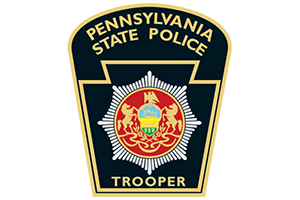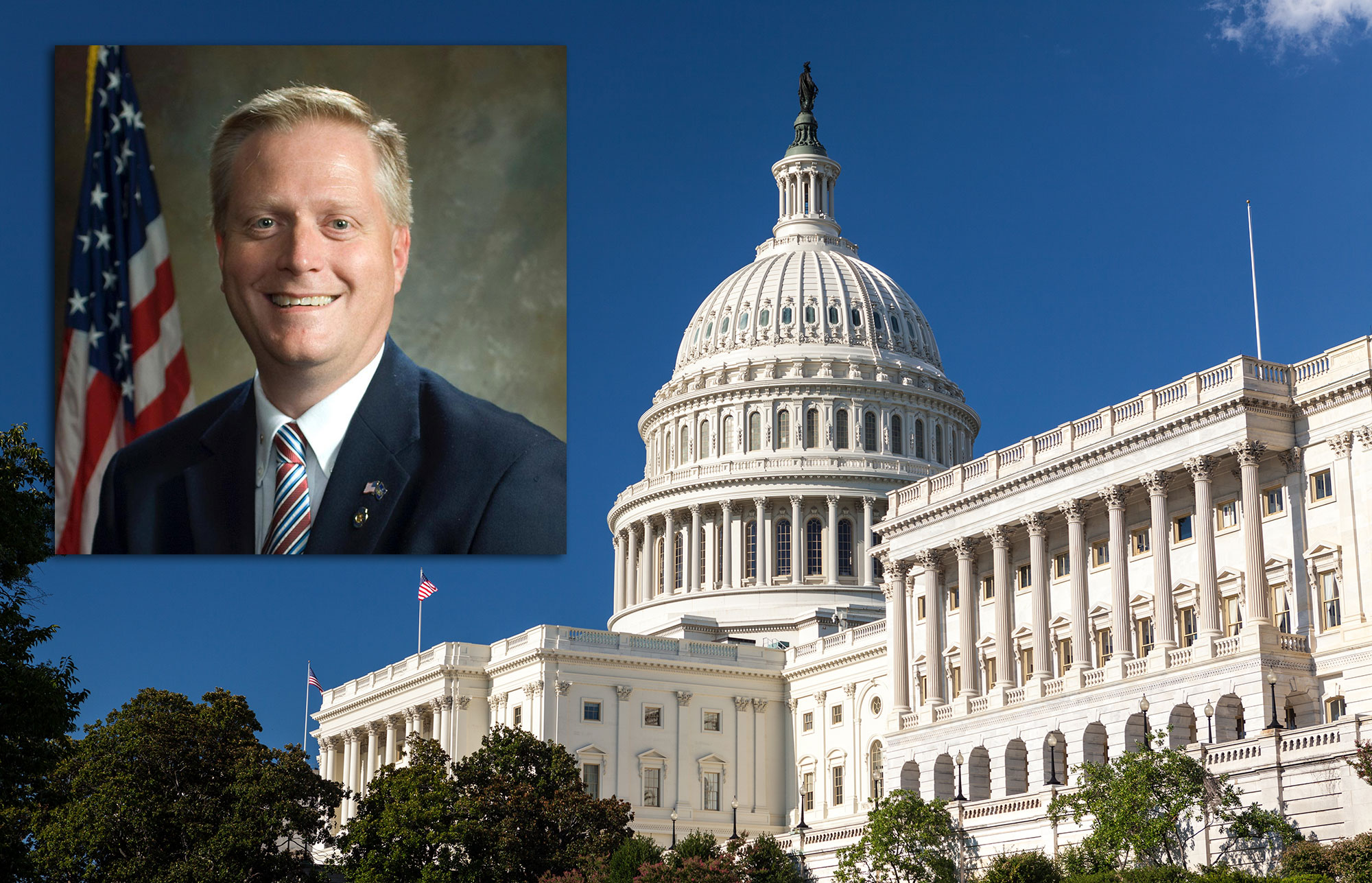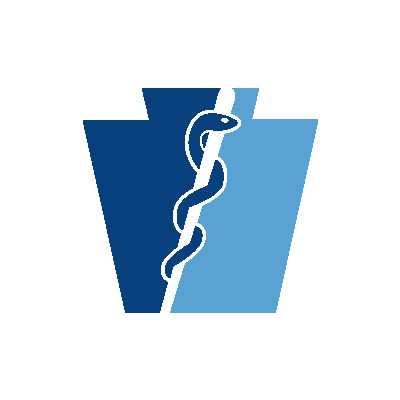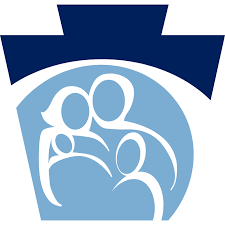Eighty (80) new cases added Saturday in Lycoming County now at 1,660 cases, one new death, 35 total deaths, with 18,159 negatives according to DOH report.
Department Of Health Provides Update On COVID-19:
3,162 Patients Hospitalized And 661 Patients In The Intensive Care Unit
Increase Of 6,778 Additional Positive Cases Of COVID-19
Harrisburg, PA – The Pennsylvania Department of Health today confirmed as of 12:00 a.m., November 21, that there were 6,778 additional positive cases of COVID-19, bringing the statewide total to 302,564.
There are 3,162 individuals hospitalized with COVID-19. We have reached levels seen in May when hospitalizations were at their highest. Of that number, 661 patients are in the intensive care unit with COVID-19. Most of the patients hospitalized are ages 65 or older, and most of the deaths have occurred in patients 65 or older. More data is available here.
The trend in the 14-day moving average of number of hospitalized patients per day has increased by nearly 1,900 since the end of September.
Statewide percent positivity for the week of November 6 – November 12 stood at 9.6%.
The most accurate daily data is available on the website, with archived data also available.
The number of tests administered within the last 7 days between November 14 and November 20 is 400,253 with 41,399 positive cases. There were 58,950 PCR test results reported to the department through 10 p.m., November 20.
As of 11:59 p.m., November 20, there were 112 new deaths reported for a total of 9,801 deaths attributed to COVID-19. County-specific information and a statewide map are available on the COVID-19 Data Dashboard.
Mask-wearing is required in all businesses and whenever leaving home. Consistent mask-wearing is critical to preventing the spread of COVID-19.
There are 11,852 individuals who have a positive viral antigen test and are considered probable cases and 643 individuals who have a positive serology test and either COVID-19 symptoms or a high-risk exposure.
There are 2,668,676 individuals who have had a negative PCR test to date. Of those who have tested positive to date the age breakdown is as follows:
- Approximately 1% are ages 0-4;
- Nearly 3% are ages 5-12;
- Nearly 6% are ages 13-18;
- Approximately 13% are ages 19-24;
- Nearly 37% are ages 25-49;
- Approximately 21% are ages 50-64; and
- Nearly 20% are ages 65 or older.
In nursing and personal care homes since the start of the pandemic, there have been 31,548 resident cases of COVID-19, and 6,357 cases among employees, for a total of 37,905 at 1,207 distinct facilities in 63 counties. Out of our total deaths, 6,266 have occurred in residents from nursing or personal care facilities. A county breakdown can be found here.
Approximately 13,968 of our total cases are among health care workers.
The Wolf Administration stresses the role Pennsylvanians play in helping to reduce the spread of COVID-19:
- Wash your hands with soap and water for at least 20 seconds or use hand sanitizer if soap and water are not available.
- Cover any coughs or sneezes with your elbow, not your hands.
- Clean surfaces frequently.
- Stay home to avoid spreading COVID-19, especially if you are unwell.
- If you must go out, you are required to wear a mask when in a business or where it is difficult to maintain proper social distancing.
- Download the COVID Alert PA app and make your phone part of the fight. The free app can be found in the Google Play StoreOpens In A New Window and the Apple App StoreOpens In A New Window by searching for “covid alert pa”.
All Pennsylvania residents are encouraged to sign up for AlertPA, a text notification system for health, weather, and other important alerts like COVID-19 updates from commonwealth agencies. Residents can sign up online at www.ready.pa.gov/BeInformed/Signup-For-Alerts.









